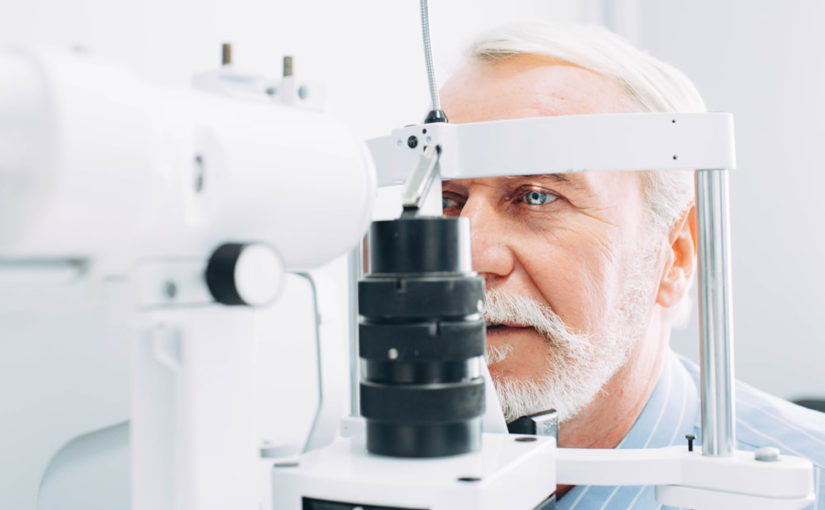AREDS1 and AREDS2
There are theoretical reasons and some experimental evidence that suggests that multivitamins and antioxidants may help to reduce the risk of losing vision from Age Related Macular Degeneration (ARMD).
There have now been two large-scale studies showing that taking multivitamin supplements can make a difference. These were the Age Related Eye Disease Studies 1 and 2 (AREDS1 and AREDS2). The difference between these studies and other earlier studies were that they used several vitamins rather than 1 and the doses of the vitamins were much higher.
Who should take the multivitamins?
These original AREDS1 study showed that if you are at high risk of developing visual loss from ARMD, your risk can be reduced by up to 25%. The benefit was greatest if you have already lost vision in 1 eye. Whilst initially benefit was thought to be possible for both wet and dry ARMD, the AREDS1 Study has now been extended to watching people for 10 years, and this has shown that the multivitamins reduced the risk of developing wet ARMD but not dry ARMD.
If you have no ARMD or very mild ARMD, the study was unable to show that these multivitamins made a difference.
If you have already lost vision in 1 eye through wet ARMD, or have high risk signs at the back of your eye detected by your optometrist or eye surgeon, you should consider taking multivitamins.
“Thank you so much for the cataract operation on my left eye- which has enabled me to enjoy vision with BOTH eyes!! The efficiency with which the procedure was dealt with from the first consultation leading to the operation itself was 100% and I am very grateful.” Mr C, Trowbridge
What are the right vitamins?
The vitamins used in AREDS1 were:
- Vitamin C
- Vitamin E
- Beta-Carotene/Vitamin A
- Zinc
- Copper
Copper was added to the AREDS formulation containing zinc to prevent copper deficiency anaemia, a condition associated with high levels of zinc intake.
AREDS2
Following on from AREDS1, there had been a Scandinavian study that suggested a link between increased risk of lung cancer for smokers and vitamin A. Furthermore there were other vitamins that weren’t available when AREDS1 started, specifically the luteal pigments lutein and zeaxanthin, and Omega 3 fatty acids. The luteal pigments are present in the macula of the eye and there are theoretical reasons and epidemiological reasons why they might be of benefit.
AREDS2 was set up to answer whether these vitamins gave any additional benefit, whether less zinc could be used and whether vitamin A was necessary.
The study found that overall there was no additional benefit from luteal pigments or Omega 3 to the standard AREDS formulation. They did find that vitamin A continued to increase the risk of lung cancer even in people who have given up smoking for more than a year. In addition they found that people who had little luteal pigment in their diet did benefit from luteal pigment and that patients who took luteal pigment instead of Vitamin A also benefitted slightly. Reducing the amount of zinc had no effect.
The current recommendation therefore is to take the original AREDS formulation but with 10mg lutein and 2mg Zeaxanthin instead of Vitamin A:
- 500mg of Vitamin C
- 400 International Units of Vitamin E
- 10mg Lutein
- 2mg Zeazanthin
- 80mg of Zinc as Zinc Oxide
- 2mg of Copper as Cupric Oxide
Currently there are only 2 brands commonly available in the UK with the right mix and quantity of vitamins. These are Viteyes and Ocuvite preservision.
Are there any risks from taking vitamins?
The ten year AREDS1 study and the five year AREDS study did not find any serious health problems, but there have been some generalised questions relating to multivitamins such as the increased risk of prostate cancer.
Macushield
There has recently been interest in other vitamins such as the luteal pigments meso-zeaxanthin, zeaxanthin and lutein. This has not yet been proven to be of benefit in large scale scientific trials.
